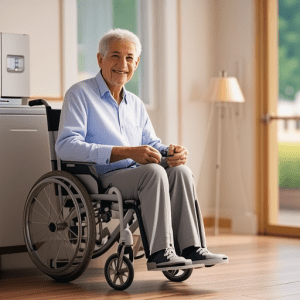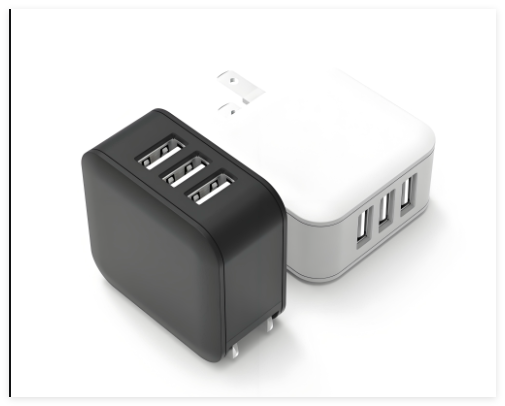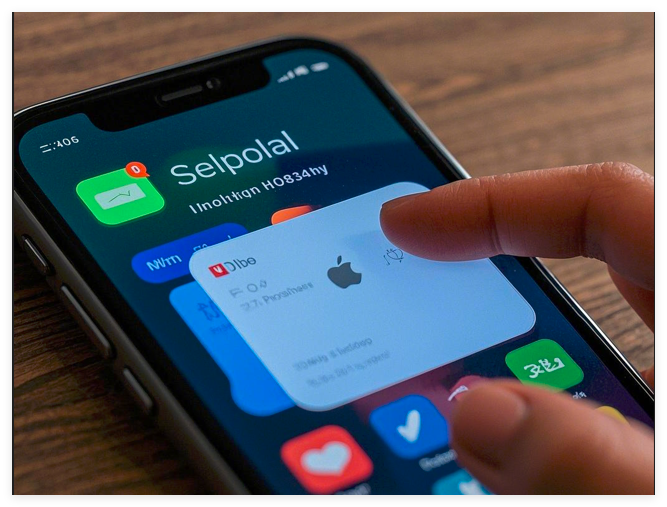How can smart home appliances assist the elderly or people with disabilities?
Today, we focus on a very meaningful topic—how smart home appliances can assist the elderly and people with disabilities. In this era of rapidly developing intelligence, it is our responsibility to let the light of technology shine in every corner, allowing every member of society to enjoy the convenience brought by technology.

Firstly, the core value of smart home appliances lies in their ability to provide personalized and automated services, which is undoubtedly a great boon for the elderly and disabled with limited mobility. For instance, smart voice assistants can help them control home lighting, televisions, air conditioners, and other devices without having to get up. According to data from the International Smart Home Association, the use of smart home appliances can reduce the daily activity volume of the elderly and disabled by about 30%, greatly improving their quality of life.
Secondly, smart security systems provide additional safety for the elderly and disabled. By installing smart cameras and access control systems, family members can remotely monitor the home environment to ensure their safety. At the same time, emergency call buttons can quickly notify family or emergency services in case of unexpected situations.
Furthermore, smart health monitoring devices can help the elderly and disabled better manage their health conditions. For example, smart blood pressure monitors, blood glucose meters, and other devices can monitor physiological indicators in real time and predict potential health risks through data analysis, alerting users or doctors in a timely manner.
In addition, smart assistive devices, such as smart wheelchairs and smart canes, integrated with sensors and navigation systems, can help people with limited mobility move more freely, even avoiding obstacles, enhancing their freedom of movement.
In the new energy industry, we have also seen the integration of smart home appliances with new energy. For example, smart home appliances charged by solar energy can provide stable energy support for the elderly and disabled in areas with unstable power supply. According to the latest market research report, it is expected that by 2025, the global smart home appliance market size will reach 250 billion US dollars, and the integration of new energy technology will bring new growth points to this market.
Finally, I want to emphasize that the development of smart home appliances is not only a technical iteration but also a reflection of humanistic care. As part of the industry, we should continue to explore how to make technology more close to people’s hearts and more inclusive. As the ancients said, “Respect the old as well as the old of others, care for the young as well as the young of others.” Let us work together to warm every home with technology and make love barrier-free.
Thank you, everyone!



Post Comment